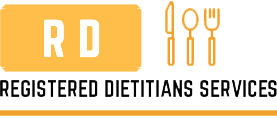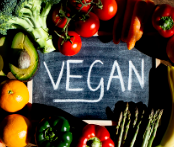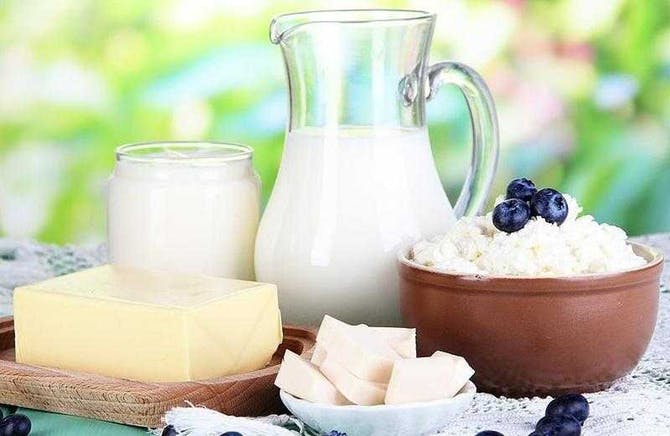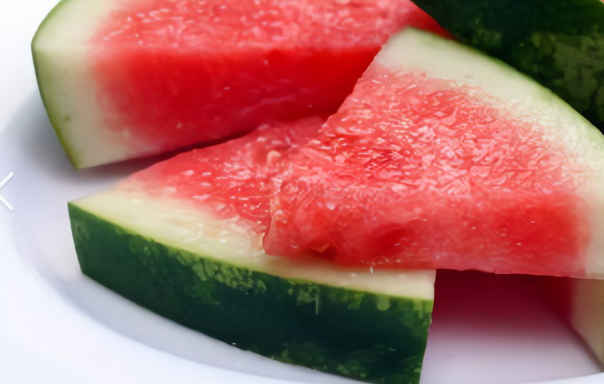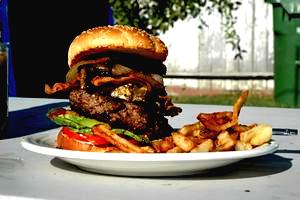If you are reading this blog it probably means that either you are a vegan or you would like to become one. So for those of you that are new in this subject let me explain from the beginning and whatever you need to know for a vegan diet.
What is a vegan diet?
A vegan diet is one that does not include any animal product such as meat, eggs and dairy. However, there are various different types of vegan diets. The most common ones are:
- Whole food vegan diet: is based on a variety of whole plant foods such as fruits, vegetables, whole grains, legumes, nuts and seeds.
- Raw food vegan diet: is based on raw fruits, vegetables, nuts, seeds and plant foods cooked at temperature below 48 degrees Celsius.
- Junk food vegan diet: is based on mock meats and cheeses, fries, vegan desserts and other heavily vegan foods.
What is a healthy vegan diet?
A healthy vegan diet should be similar to a normal diet in terms of macro-nutrients but without any meats or animal products. It should contain appropriate amounts of carbohydrates, proteins and fats. A simple guideline about this is ‘The Vegan Eatwell Guide’ where all the macro-nutrients are divided in 5 main food groups.
These five main food groups include grains, proteins, fruit and vegetables. The Vegan Eatwell Guide is generally a good starting point for any vegan diet. The portions of each respective food group will depend on age, genetic makeup, and physical activity.
- Grains
Grains are complex carbohydrates such as bread, pasta, rice, quinoa, couscous, noodles and potatoes. These grains can be split further into two categories: whole and refined grains. Whole grains are more nutritious because they contain more fiber, vitamins and minerals. Therefore, whole grains tend to be a better option than refined (white) grains.
- Proteins
All type of vegan milk and products derived from vegan milk are a good source of calcium and proteins. Examples of vegan milk are coconut, soya, rice and almond milk. These type of food are important to be included in our diets as they provide calcium. Lack of calcium absorption can lead to osteoporosis. Osteoporosis is a degenerative bone disease that results in porous, weak, and brittle bones. Other type of protein sources are beans, lentils and nuts.
- Fruit and Vegetables
Fruit can be consumed fresh, canned, frozen, dried, pureed, or juiced. Due to the high sugar content of fruits, it is advisable to construct a dietary balance based on age, activity levels, gender and any medical conditions. However, it is advisable for the generic public to have 2 -3 fruits per day.
Vegetables can be consumed raw, cooked, dehydrated, canned, whole, juiced, or mashed. Vegetables can also be separated into 5 subcategories including dark-green vegetables, starchy vegetables, red and orange vegetables, beans and peas, and other vegetables. The amount of vegetables that should also be consumed according to age, activity levels, gender and any medical conditions. However, as a general rule it is advisable to eat at least 2 types of vegetables per day.
Associated vitamin deficiency in vegan diets
A vegan diet can be tricky when it comes to obtain all the micronutrients required by the body. So, unless your meal plan is carefully planned it would be ideal to consider taking supplements. The micronutrients that might be lacking in a vegan diet are:
Vitamin B12
If you are vegan you can obtain vitamin B12 from fortified cereal and milk. Vitamin B12 is not naturally found in plant based foods. Vitamin B12 is important for our health as it plays a role in red blood cell formation and for proper function of the nervous system.
Iron
You can obtain iron from lentils, beans, tofu, quinoa, fortified cereal, chia seeds and tomatoes. Although these foods contain iron they are not a rich source of iron so it is important to monitor your blood iron levels by regular blood tests. Unfortunately, menstruating women on a vegan diet tend to have higher tendency to suffer from iron deficiency. Therefore, iron supplements might be prescribed by a doctor or a dietitian.
Calcium
This micronutrient can be obtained from dark leafy vegetables such as spinach, kale, bok choy, beans, lentils and fortified milk and cereals. Calcium is important for bone health and proper muscle function.
Zinc
This can be found in fortified cereals, lentils and tofu. Zinc is important for wound healing and metabolism function. Lack of zinc in your diet can also lead to lack of appetite and nausea.
Vitamin D
In a vegan diet, vitamin D can be obtained from fortified cereals and milk. Mushrooms also contain some vitamin D. However, on a vegan diet it’s not enough to this vitamin from food and therefore supplementation is recommended. Another way that you can obtain vitamin D is by exposing your skin to the sun for at least 20 minutes every day without sun block.
Other vegan blogs and recipes which you might like:
If you are already a vegan or planning to become one there are plenty of health benefits from this diet. To mention some a vegan diet provides reduced risk for illnesses such as cardiovascular, diabetes and hypertension. This type of diet, if done correctly, it can also help you to reduce weight. And the last but not least, everybody knows that it is better for animal welfare.
I hope you found this blog interesting so let me know in the comments below. If, you would like to change your diet to vegan, we are ready to help you. In addition, if you are already vegan and would like to check if your vegan diet is a well balanced one, simply contact us!
